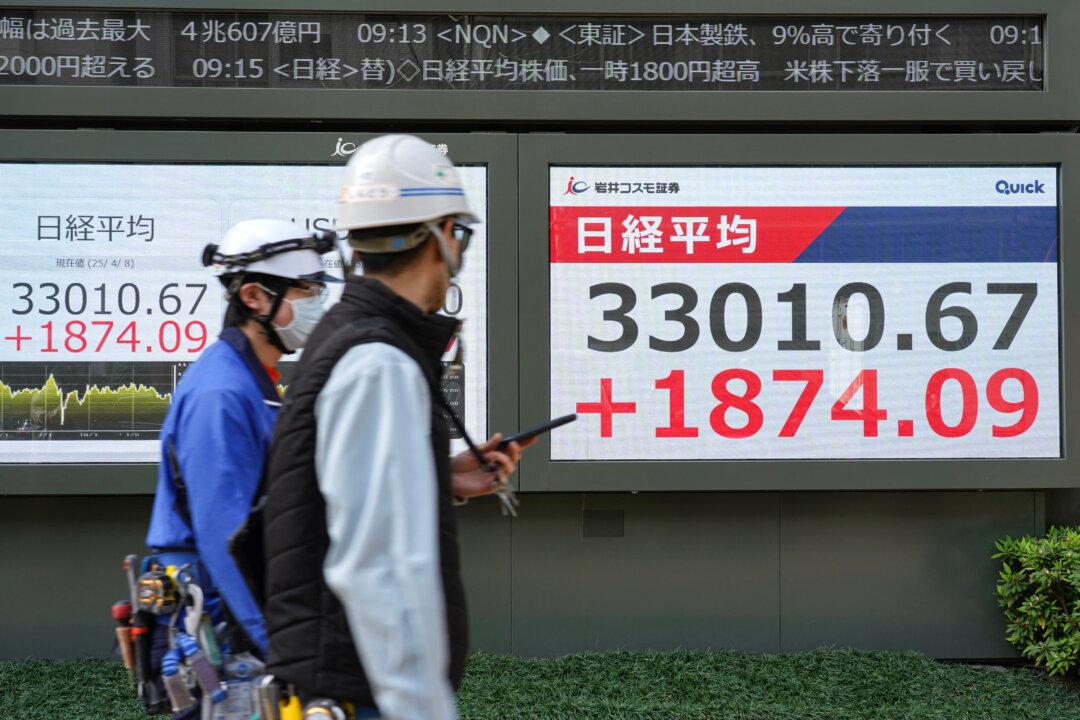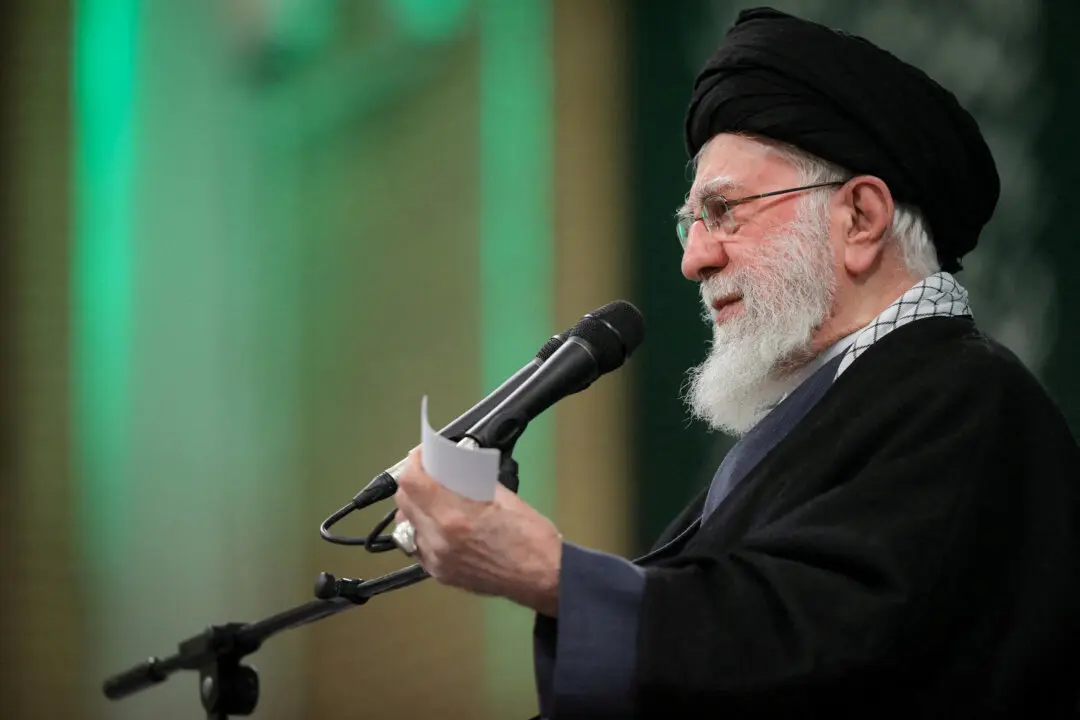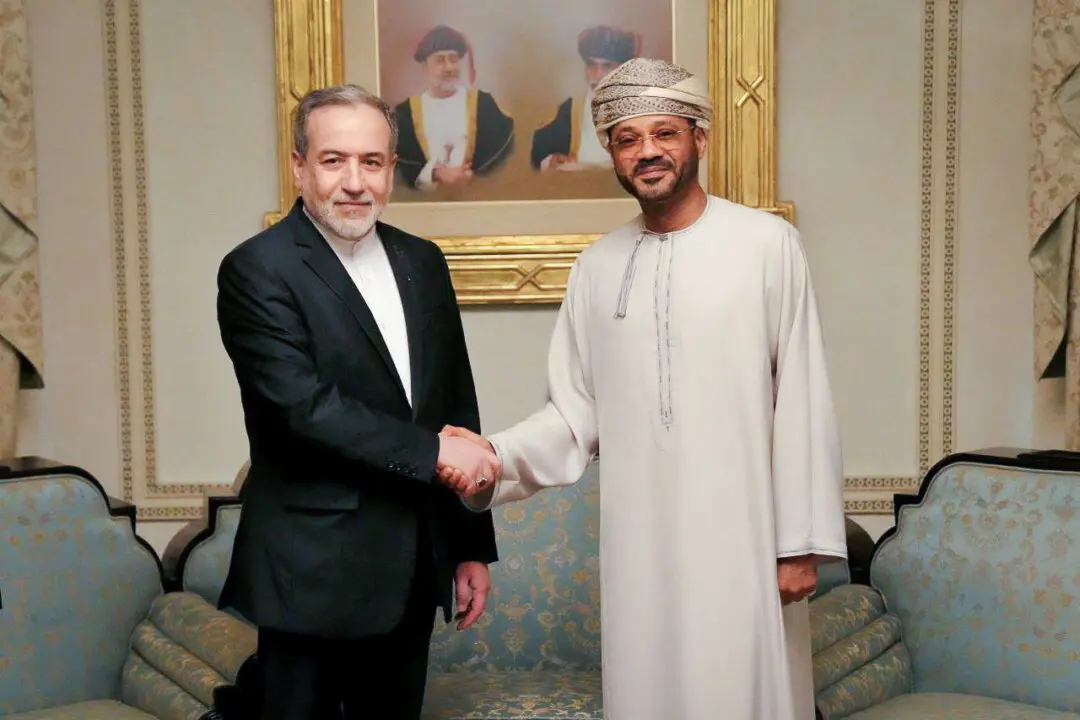Stocks surged on Thursday after President Donald Trump announced an immediate 90-day pause on reciprocal tariffs for many trading partners, prompting a relief rally following a days-long market rout.
“I have authorized a 90 day PAUSE,” Trump said in a social media post. He said more than 75 countries want to negotiate on trade and are not retaliating against his latest tariff increases.





